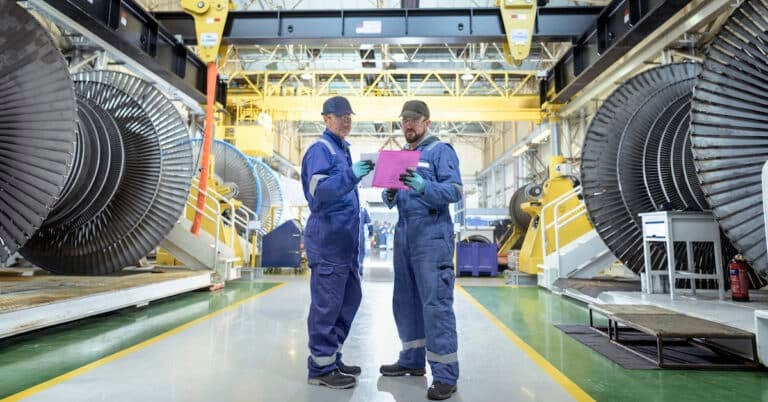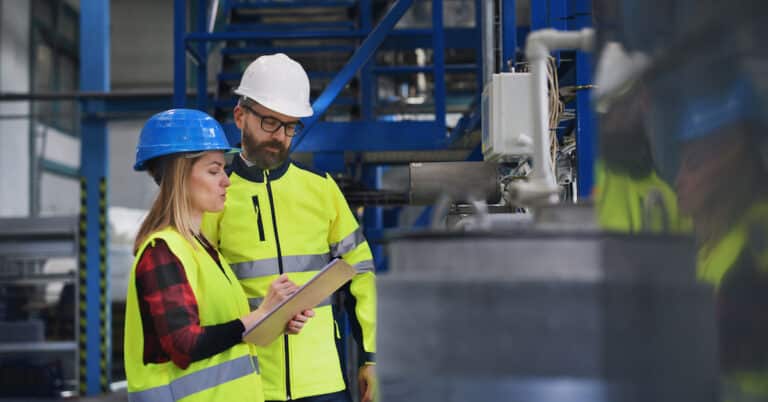While incidents and accidents may seem to be the same, there is actually a very important difference. The difference between incidents and accidents in the workplace is determined by the level of damage caused, and it begins with the definitions. First, an incident is an unexpected occurrence that may cause property damage but did not result in an injury or illness. Second, an accident is an unexpected occurrence that results in injury or illness and may cause property damage as well. So, the difference between incidents and accidents is whether or not an injury or illness occurred as a result. This means that not all incidents are accidents, but all accidents are incidents. Additionally, there is actually a third category that falls under incidents called a near miss. A near miss is an incident that barely avoided being an accident.
Difference Between Incidents and Accidents Explained
The best way to understand the difference between incidents and accidents is to see it in examples. For example, say someone is operating a forklift in the storeroom, and something happens that leads to the forklift wrecking into some shelving. There will likely be some property damage, but nobody was injured, so you can classify this as an incident. Now, if the wreck was bad and the operator got hurt, then it would be classified as an accident. Finally, if there was another employee nearby, and they narrowly escaped the path of the forklift before it wrecked, then that would be a near miss.
The Controversy Between Incidents and Accidents
The issue that many in the safety world have with accidents is that it implies that you could not prevent it. Using the term accidents leads to the thought that “accidents happen”. While incidents are far more common in the workplace, there are still a number of accidents that occur. There are people on both sides of the debate about how you should address workplace safety. The struggle is developing a safety program that anticipates and neutralizes every possible hazard before an accident occurs. Furthermore, this is why many in the safety world disagree and believe that you can try your best, but you can’t prevent every accident.
The Key to Accident Prevention
Regardless of where you stand on the accidents happen debate, root cause analysis is an essential key to determining the cause of accidents and incidents and preventing them. This ensures that you don’t chalk accidents up to fate or chance. Instead, you dig deeper into any cause that you can remedy and prevent an accident like this from happening again.
The goal of any safety program should be to reduce accidents and eliminate them as much as possible. This is called Zero Accident Vision, and it will create a safer, more productive workplace for your employees. A proactive approach to accident prevention is far more comforting for employees than “accidents happen”. While it is nice to think you can foresee and prevent everything, there may still be elements of human error, equipment issues, or a breakdown in process that leads to an accident. The proactive approach is to perform a root cause analysis on not just accidents, but every incident and near miss. When it comes to prevention, there is no difference between incidents and accidents. All events deserve a root cause analysis and a plan to prevent them.

Get Support for Your Safety Goals
It’s important to understand the difference between incidents and accidents in the workplace. However, it’s far more important to foster your safety culture. Redlist’s Health Safety and Environmental (HSE) module can support you and your safety goals. Software allows you to gather insights into your safety program and enable your team to take part. The best safety programs today are either already digital or are transitioning away from paper and spreadsheets to a digital platform. It gives you the flexibility and visibility to achieve your safety goals.


